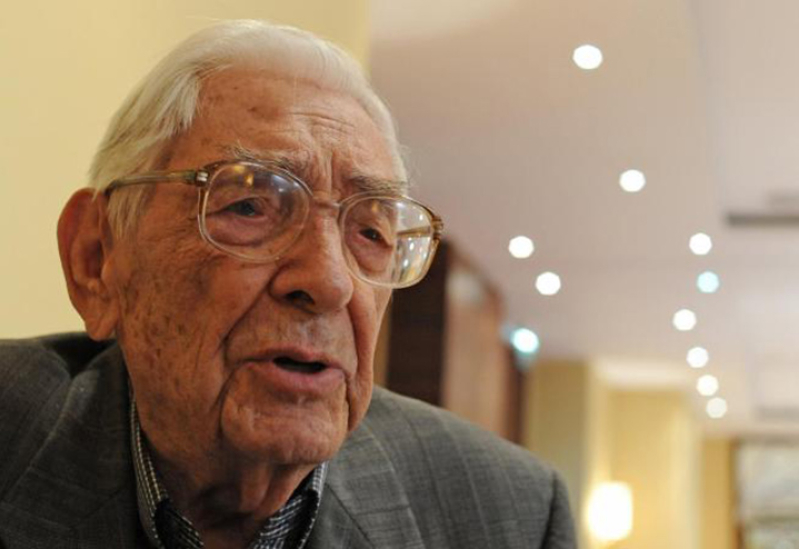
Jewish officials went to the Polish capital of Warsaw on Sunday to honor and express gratitude to nearly 50 elderly Christian Poles who helped save Jews from the Holocaust during World War II.
According to Vanessa Gera of the Associated Press, the oldest rescuer was 100 years old, while others were in their 80s and 90s; some of them were on crutches and wheelchairs. The U.S.-based Jewish Foundation for the Righteous, along with Poland's chief rabbi, Michael Schudrich, and a diplomat from Israel, paid tribute to them at a luncheon at a Polish luxury hotel.
"You represent the very best in Polish society. You are heroes," foundation executive vice president Stanlee Stahl said. "It is so important to acknowledge the courage and heroism of the righteous, for each of you saved the honor of humanity."
The Associated Press reported that during the Nazi occupation of Poland, non-Jews caught helping Jews and their entire families were punished with death. About 3.3 million Jews lived in Poland before the outbreak of World War II.
"You will always be remembered in our prayers for you made it possible for generations to be born and to live," Stahl said in a cracking voice.
According to the Associated Press, Poland also had the largest number of non-Jews recognized as "Righteous Among the Nations" by Yad Vashem, Israel's Holocaust memorial.
"They are often referred to as 'Righteous Gentiles,' and are people who lived for decades after the war with little recognition in Polish society, though in recent years the state has done more to acknowledge them," Gera wrote.
Schudrich, who knew many of the rescuers, described them to the Associated Press as modest people who didn't consider their actions heroic. In addition, many of them led admirable lives of goodness after the war ended.
"A universal theme is that 'we did nothing special. We were just normal,'" Schudrich said. "It's a really important lesson for everyone that helping another human being is normal."
One of the Polish Christians who gathered for the event included 100-year-old retired historian Janusz Durko. According to the Associated Press, he and his wife hid 20 Jews who fled the Warsaw ghetto; he never considered himself courageous for such actions.
"You had to help a person whose life was at risk," Durko said, adding that it was simply the "obvious" thing to do.
According to the Associated Press, another rescuer who was honored was 86-year-old Maria Lopuszanska. She thanked the Jewish Foundation for the Righteous in paying for expensive medications of a Jewish woman she and her family rescued.
"For decades after the war, the two women were close like sisters, living around the corner from each other," Gera wrote. "As she was leaving the luncheon hall, she approached the rabbi to bid him farewell, fighting back tears as she told him her 'sister' died last year of leukemia."






